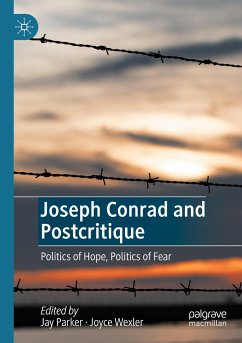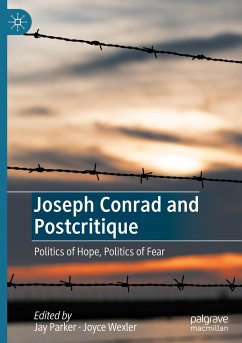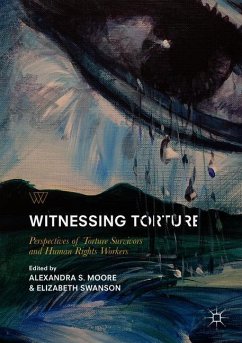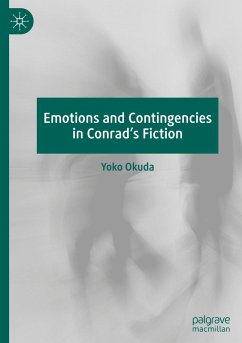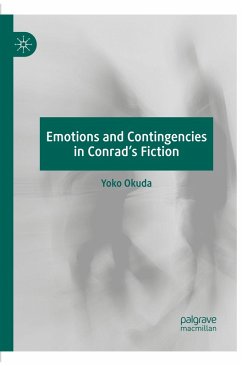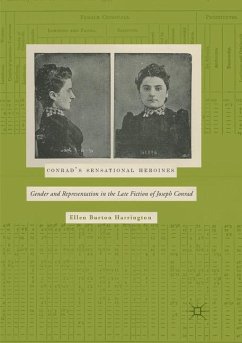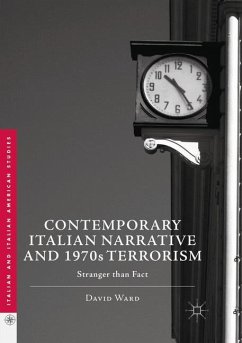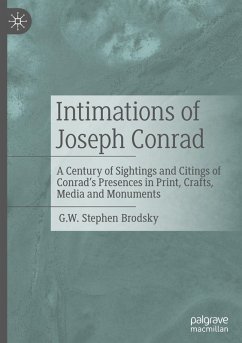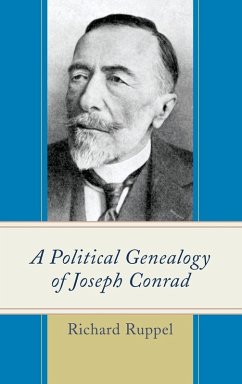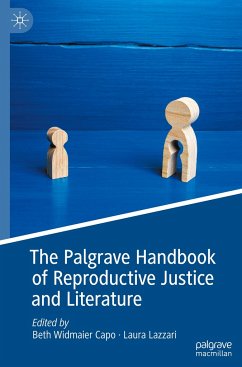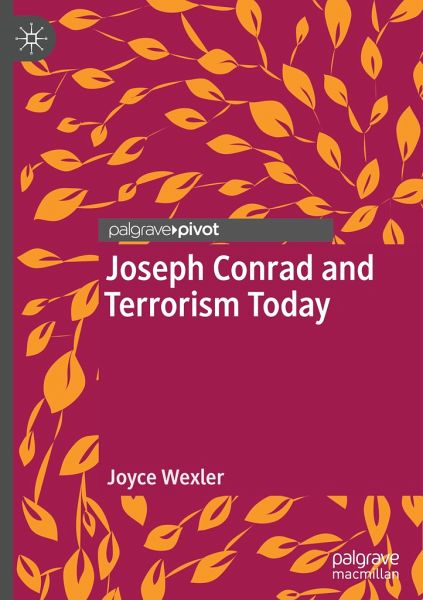
Joseph Conrad and Terrorism Today

PAYBACK Punkte
25 °P sammeln!
This book explores how the anarchist fiction of Joseph Conrad can help us understand terrorism today. Conrad undermines the popular view that terrorists are fanatics. He portrays anarchists and police as counterparts driven by the human desires for autonomy and affiliation, the need to control their own lives and to be part of a group. Postcritique encourages readers to consider the accuracy of such information, and research in Terrorism Studies confirms Conrad's insights: his characters are more realistic and his political stance is more hopeful than critics have recognized.





